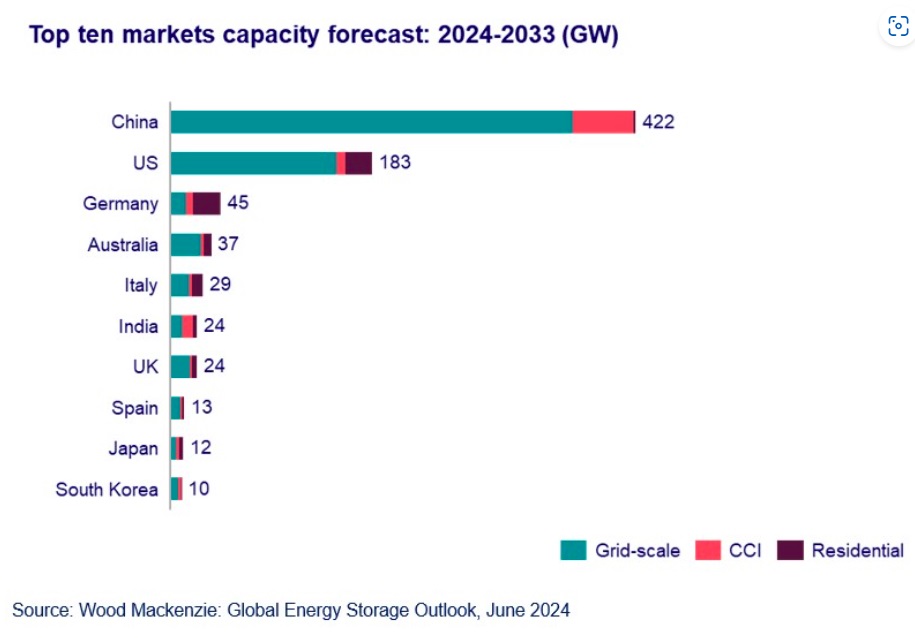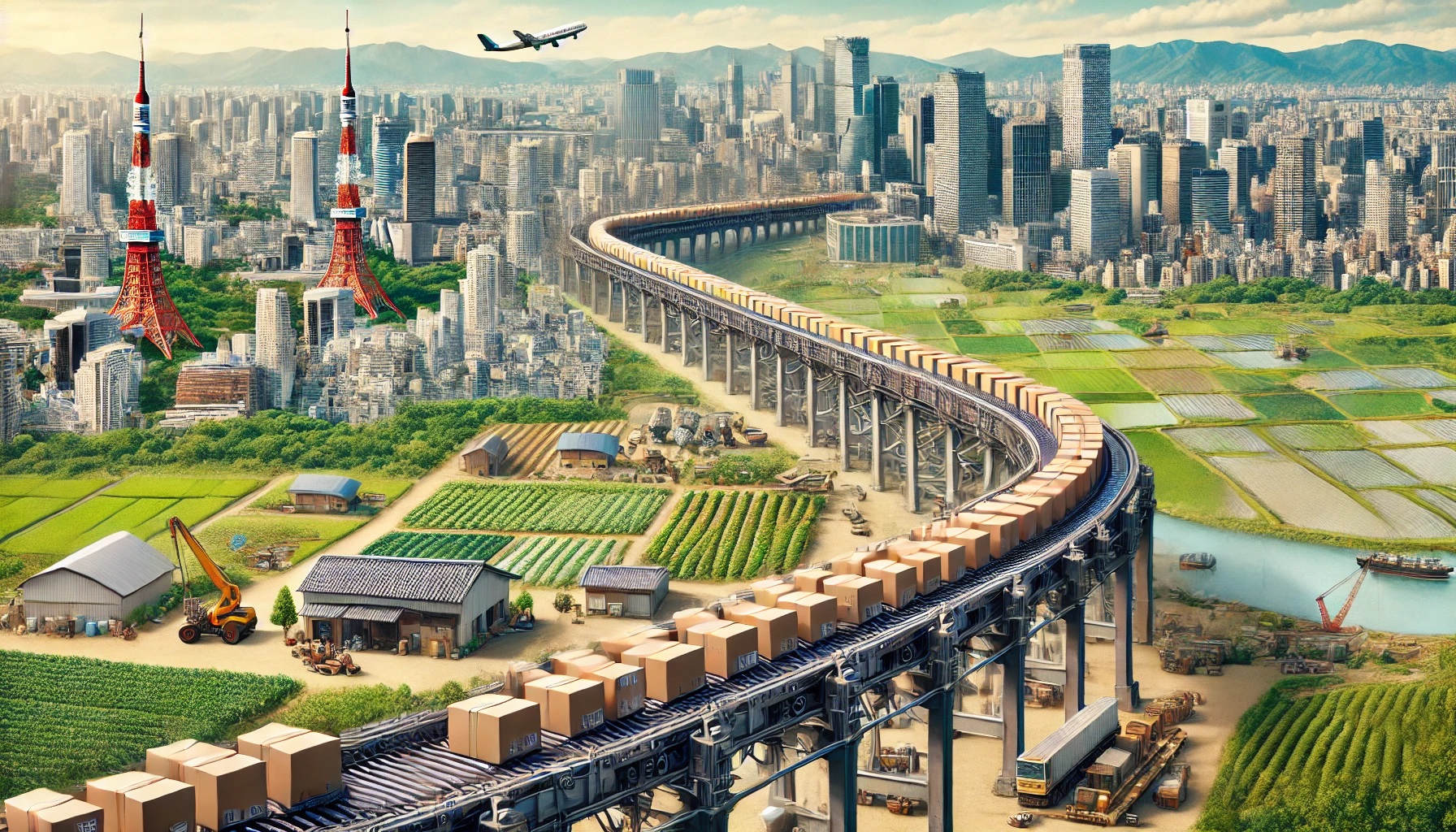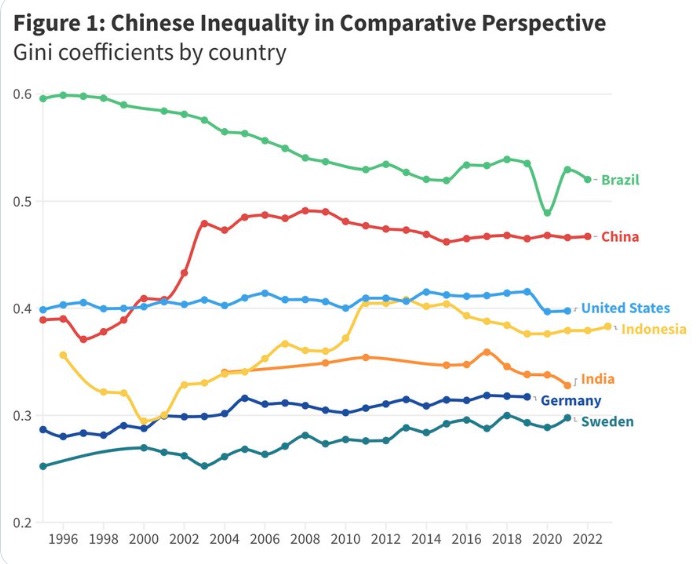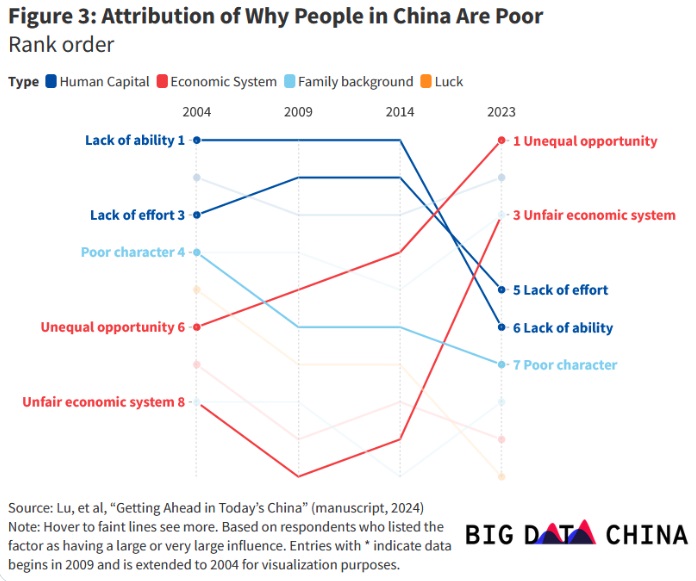In these recent weeks of trouble, tragedy and trauma we feel obligated to remind you and gladly display the below video of Leonard Nimoy, with Spock overtones, singing The Ballad of Bilbo Baggins, undoubtedly the nerdiest moment in the history of humankind. And yet a beautiful one as well. Released in 1968, another tumultuous year in American history, we think in many ways this was the true end of the 1960s and the beginning of the 70s, not the Rolling Stones concert at Altamont as so many pseudo cultural historians assert.
The 1970s, as we have noted before, were a freer era in many ways, at least in America, where one could do many things in public without worry of law or ridicule. Today we are perhaps no longer a country of laws but certainly one of rules— a thousand points of rules as one past president didn’t say. For instance, we attended Ballard Seafood Festival last week and at one point attempted to enter the beer garden which was fenced off and required uniformed security to check our backpack even though a few feet away we could walk freely with it strapped to our back. Security also informed us we were not allowed to bring in our iced tea we had just bought at a coffee shop. Who was being protected by these rules we are not sure.
So laugh if you will at Leonard Nimoy and Bilbo Baggins but remember they ushered in an era from which we might consider adopting some of its mores and rule breaking (though not all), that non-coincidentally a mere six years later Stevie Wonder sang Boogie On Reggae Woman (also presented below) and consider yourself lucky that you live in a world where both tunes exist. And certainly be glad that we present you increases in battery storage, the great Japanese conveyer belt and China’s inequality. It’s this week’s International Need to Know, the ballad of international information, the boogie of global data.
Without further ado, here’s what you need to know.
Storage Soars
A few years ago people would argue against the importance of the fast growth of solar and wind power by saying the sun doesn’t always shine, the wind doesn’t always blow. But battery storage technology has improved tremendously in recent years meaning even on a calm dark night one can power their homes, cars and businesses with renewable energy. In fact, PV Magazine reports, using data from data analytics company Wood Mackenzie, that “the global energy storage market (excluding pumped hydro) is on track to reach 159 GW/358 GWh by the end of 2024 and grow by more than 600% by 2033, with nearly 1 TW of new capacity expected to come online.” Take those projections with a grain of salt: predictions for energy installations and storage have been consistently underestimating how fast they will grow so it will not be surprising if the global energy market in battery storage far surpasses 1 TW of new capacity by 2033. As you can see in Wood Mackenzie’s chart below (and Wood Mackenzie should be the name of a character in a golf novel), China leads the pack followed by the U.S. The rest of the top ten are various European and Asian countries. Rich countries should help developing countries adopt this new energy storage technology both because rich countries historically were the largest emitters and because the largest emissions going forward will come from the developing world.
Japan’s Beautiful Giant Conveyer Belt Idea
After a few drinks at a reception we once suggested to a city council member that Seattle should build a giant gondola system to make it easier to get around. The councilmember slowly backed away from us, fear in his eyes.* But now we have a new idea to suggest after reading Japan is considering building a giant conveyer belt between Tokyo and Osaka to transport small parcels, a category of packages that has increased tremendously with the rise of ecommerce. Okay, to be fair that is only one of the options that the Land, Infrastructure, Transport and Tourism Ministry is considering to create a logistics highway between the two large Japanese cities. But we’re all in on the conveyer belt, just for the aesthetic fun of it, which would be built within an underground tunnel, as early as 2034. Apparently the project is designed to help Japan be more green and to deal with labor shortages as its population continues to dwindle. Of course, as much as we love picturing this giant conveyer belt we’re a bit confused why self-driving electric trucks wouldn’t be cheaper and easier to use—unless the Ministry thinks they won’t be around by 2034.
*We saw transportation gondola systems when we were in Mexico City last winter—and no Mexican councilmembers backing away from constituents.
China Corner: Inequality With Chinese Characteristics
China’s Third Plenum is taking place this week where new policies will be announced in characteristic communist party jargon.* There is no shortage of issues for China’s leaders to address. The economy continues to be weak and reliant on exports that policymakers in the rest of the world are tiring of their countries buying. In this weak economy, Alicia Garcia Herrero reminds us that China continues to have one of the world’s worst economic inequality problems. As you can see in the chart below, China’s Gini coefficient (a measure of income inequality) is worse than the United States. Garcia Herrera notes that it is below Brazil’s but that Brazil’s is coming down while China’s is rising. Meanwhile, she also points out via the Washington Post’s Christian Shepherd that Chinese are increasingly blaming an “unfair economic system” for the massive income inequality in the country (see second chart below). Perhaps this is why Xi Jinping and his cadre are again talking about “common prosperity” an initiative he announced a number of years ago. But the policy did not come with any real ideas to actually make prosperity more common. Instead, China mostly continues to subsidize and build up its strategic industries to export while ignoring households. And again, the world seems to be increasingly wary of those exports. Third Plenum, Fourth Plenum, three and three-fourths plenum, at some point something will eventually give in a slow growing economy where inequality is worsening.
*In fact, even as we hit send, details of the results of the plenum are emerging.





